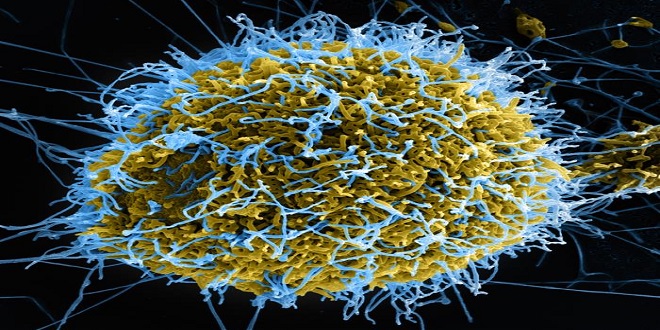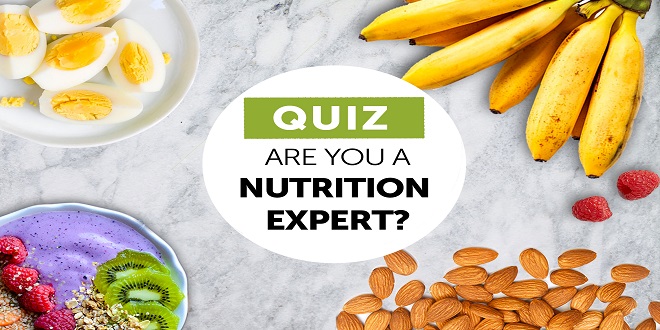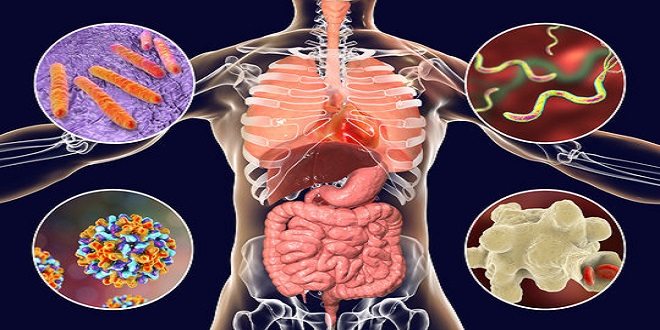
Part of the confusion around what we should and shouldn’t eat is due to something called nutritionism. Nutritionism is the science of breaking down dietary components into their individual parts, such as one vitamin or one type of fat, and studying these in isolation. This approach is helpful for evaluating medication, where there might be a single molecule designed to target one specific pathway and one particular disease. But it’s not helpful for understanding food. The things we eat contain many different components, which interact with one another and with the biochemical complexity of our bodies. In the real world, no nutrient acts in isolation. But pretending that they do plays into the food industry’s hands, allowing claims of benefits from this nutrient or that one, depending on what’s in fashion today: If suddenly everyone’s talking about the benefits of fiber or vegetable oils, or the dangers of saturated fat, manufacturers can tailor their ingredients (and their ads) to take advantage.
I want to emphasize this: People don’t eat ingredients; they eat food. And they often eat foods that contain dozens of different ingredients, many different types of fats, proteins, carbohydrates, vitamins, minerals, phytonutrients, and more. For example, olive oil, which people think of as a monounsaturated, or “good,” fat, also contains about 20 percent saturated fat, 20 percent polyunsaturated omega-6 fat, and even a little bit of omega-3 fat, as well as a host of disease-busting antioxidant polyphenols. Beef also contains all different types of fat and many vitamins, minerals, and antioxidants. The nutrition world is shifting away from focusing on individual nutrients and toward focusing on dietary patterns, whole foods, and complex assortments of foods… in other words, the way we actually eat.
Getting clear on what the heck we should eat
I truly believe that the health experts of the world could all agree on what constitutes good nutrition, even though there seems to be so much conflicting information and debate. If we all tapped into our common sense, we would agree that we should be eating real, whole, local (when possible), fresh, unadulterated, unprocessed, chemical-free food.
Together, we can reframe the narrative around food choices. We can take back our health from those who gain by keeping us confused. I don’t want to label all big food companies and the media as evil profiteers; however, it is clear that they stand to benefit from keeping us consumers and eaters disoriented. Our government allows corporations to privatize profits and socialize costs. In the headlines, blanket statements and confusion sell.
Just think of articles that have taken the Internet by storm: “Lettuce Is Worse for the Planet than Bacon.” “My Vegan Diet Almost Killed Me.” “Coconut Oil Isn’t Healthy.” These headlines aim to trick us, and once we are good and frustrated, the big food companies can make a lot of money by providing convenient, easy, hassle-free products that claim to take away the guesswork. In the 1950s, General Mills invited all the major food companies to gather in Minnesota to address the backlash at the time against processed food. They collectively decided to make convenience their core value. Convenience was the strategy.
They actively subverted a home-economics movement that taught families to cook and garden. They invented Betty Crocker and created a cookbook that integrated processed food—Ritz crackers, Velveeta cheese, Campbell’s soup, and more—into the recipes. My mother used these recipes all the time. Big food companies told us that they were actually lifting a load off our backs by making the preparation of our meals easy and cheap, but all they really did was make us sick and fat. Your confusion around food is not just a personal dilemma. It can impact your family and your community.
Collectively, our confusion sends the message that we’re not responsible for what we put into our bodies; we can let big food companies and the so-called experts shoulder the responsibility for us. In essence, when we feel defeated, they win, but when we feel clear and unaffected by trends, conflicting news reports, and unethical marketing, we win. This is an exciting and complex time. With every purchase, we have an opportunity to vote for a healthier planet and create a healthier society, and with every bite we have the opportunity to nourish and heal our bodies.
Last word
It has been estimated, by the Consultative Group on International Agricultural Research (CGIAR), a partnership of fifteen research centers around the world, that when all agricultural activities are taken into account—from fertilizers to packing and transportation— agriculture accounts for up to a third of greenhouse gases.





